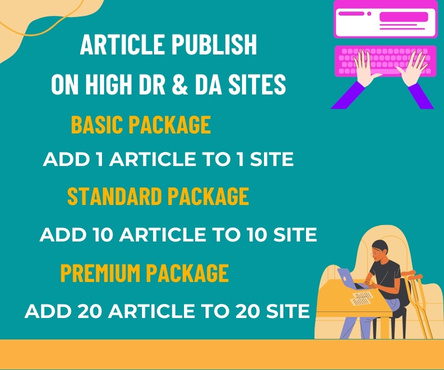When you’re running a business, it can be hard to keep on top of everything that’s going on. You may have team members in charge of different aspects of your marketing efforts, but this can cause you to lose touch with what’s going on, and what type of benefits each technique offers to your brand. The good news is that traditional, digital and internet marketing are each beneficial in their own way, so you don’t need to worry about having to choose one over the other; this article will explain how these three marketing methods work together to ensure the best possible outcome for your business.
Traditional marketing is tried and true
It’s a tried and true method that has been used for many years. With traditional marketing, you can reach a wide audience of potential clients with the same message. It’s a cost-effective way to market your business because you don’t need to pay for expensive equipment or software.
Digital marketing is more efficient
Digital marketing is a more efficient way of reaching customers because it allows you to target your audience based on keywords. Traditional marketing requires you spend money on ads and printed materials that may or may not be seen by the right people. Online marketing makes it easy for people in any geographic location to see your products and services and take advantage of what you’re offering. With this type of marketing, you can also track who’s responding the most so you can focus your efforts where they will have the biggest impact.
Internet marketing is more cost-effective
Many entrepreneurs assume that internet marketing is more expensive than traditional marketing. However, this couldn’t be further from the truth. In fact, internet marketing is one of the most cost-effective forms of advertising available today. And when we say most cost-effective, we’re talking about a lot less money needed to get your business’s name out there and seen. Because it’s so affordable and easy-to-use (just find your target audience online), it has practically replaced traditional marketing in many industries.

